Implementation Science Center for Cancer Control Equity
The Implementation Science Center for Cancer Control Equity (ISCCCE) is one of seven such centers funded by the National Cancer Institute Moonshot Initiative. ISCCCE aims to develop sustainable strategies for ensuring that all patients have access to evidence-based cancer prevention and control.
Investigators

Lynn N. Ibekwe is a postdoctoral research fellow whose primary research interest is to reduce the disproportionate burden of cancer morbidity and mortality among Blacks and African Americans in the United States. She pursues research geared towards (1) documenting individual and contextual level determinants of racial and ethnic cancer-related disparities, including investigating racism as a fundamental cause of such disparities; (2) developing and testing culturally relevant cancer prevention and control interventions in community and clinical settings; and (3) using implementation science, through a health equity lens, to improve implementation of evidence-based interventions (EBIs) in real-world settings, including explicitly focusing on structural racism as a determinant of inequitable adoption, implementation, and sustainability of EBIs.
Dr. Ibekwe holds a dual academic appointment as a Cancer Prevention Fellow within the Department of Social and Behavioral Sciences at Harvard T.H. Chan School of Public Health and the Kraft Center for Community Health at Massachusetts General Hospital. Dr. Ibekwe obtained a PhD in Behavioral Sciences from The University of Texas Health Science Center at Houston School of Public Health, an MPH in Social and Behavioral Sciences from Boston University, and a BA in Medicine, Health, & Society and Sociology from Vanderbilt University.
Lynn is project lead on the Tools to Close Screening Gaps pilot.</e…

Erica Warner is an Assistant Professor in the Department Medicine at Harvard Medical School and an Assistant Investigator at Massachusetts General Hospital. She is a cancer epidemiologist, studying how the social and physical environment including policies, stressors, lifestyle, and behavior affect cancer screening, risk of cancer, and intermediate markers of cancer risk, with a particular interest in racial/ethnic and socioeconomic health disparities and promoting health equity. Dr. Warner conducts clinical and community-based research to identify risk factors and translate epidemiological findings into interventions. She has a bachelor’s degree from Duke University and a Master’s in Public Health degree (MPH) from Yale School of Public Health. Dr. Warner completed her doctorate and the Alonzo Smythe Yerby Postdoctoral Fellowship, both in Epidemiology, at the Harvard T.H. Chan School of Public Health.
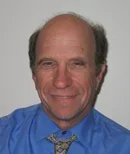
Alan Geller has been a Social and Behavioral Science (SBS) faculty member since 2010. He took a very circuitous path to a public health career, moving to Boston in 1973 and working for years as a day care worker, steelworker, and then obtained his nursing degree in 1984. He worked on a surgical oncology floor and through caring for many patients with preventable but late-stage cancers, began to see first-hand the strong and compelling need for cancer screening and prevention research. Dr. Geller’s current projects are varied and challenging with strong interests in cancer disparities, cancer screening, and work around COVID-19 mitigations in schools and in Massachusetts communities. For many years, Dr. Geller has taught an SBS class entitled ‘Successes and Challenges in Health Behavior Change’ where they look at some of the more successful comprehensive public health initiatives such as tobacco campaigns to see what lessons we can learn for modern-day epidemics such as those for tanning beds and obesity. Alan is principal investigator on the study focused on understanding and addressing utilization of immunotherapy for melanoma.
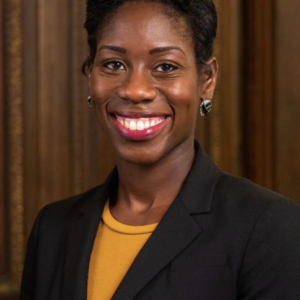
Adjoa Anyane-Yeboa was most recently a Gastroenterology Fellow at the University of Chicago Medicine. She was previously a Chief Gastroenterology Fellow at the University of Chicago, and Chief Medical Resident in the Department of Internal Medicine at the University of Illinois at Chicago. Dr. Anyane-Yeboa is focused on public health advocacy, with the goals of advocating in the public sector, leading diversity retention and recruitment efforts, and designing health disparities research, to create policy and develop initiatives to eliminate disparities in minority patients with gastrointestinal disorders. She has a special interest in achieving equity in health outcomes for minority patients with gastrointestinal disorders, such as inflammatory bowel disease. Her community service initiatives have included work with the Urban Health Project (Chicago) and Closing the Health Gap of Greater Cincinnati. Dr. Anyane-Yeboa received her medical degree in 2012 from the University of Cincinnati College of Medicine, Cincinnati, OH, and completed her internal medicine residency at the University of Illinois, Chicago, in 2015. Adjoa is the principal investigator on the pilot study focused on preparing for the updated USPSTF colorectal cancer screening guidelines.
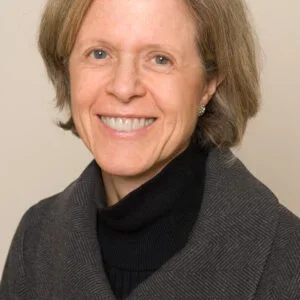
Nancy A. Rigotti is a Professor of Medicine at Harvard Medical School, Associate Chief for Academic Advancement in the Division of General Internal Medicine at MGH, Director of the MGH Tobacco Research and Treatment Center, co-Director of the MGH Career Development Program in Substance Use and Addiction Medicine, and Past President of the Society of General Internal Medicine and the Society for Research in Nicotine and Tobacco. Her research aims to reduce the health burden of tobacco use by implementing tobacco cessation treatments in health care systems, both locally and globally, with special attention to reaching populations with high tobacco prevalence. A second focus is tobacco control policy evaluation, including the risks and benefits of alternative tobacco products. Nancy is a Co-Investigator on pilots focused on lung cancer screenings and tobacco cessation efforts in Massachusetts’ FQHCs.
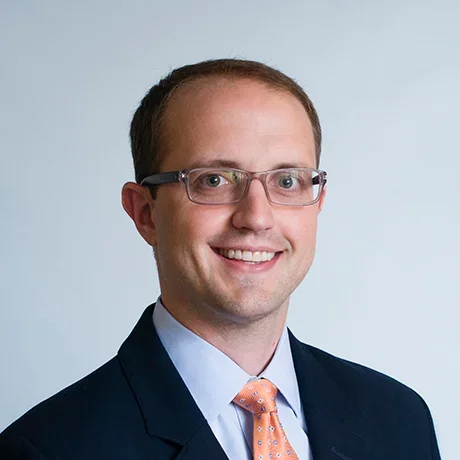
Travis P. Baggett, MD, MPH is an Associate Professor of Medicine at Harvard Medical School, Assistant Physician in Medicine at Massachusetts General Hospital, Director of Research at Boston Health Care for the Homeless Program (BHCHP), MGH Site Director of the HMS Fellowship in General Medicine and Primary Care, and MGH Research Scholar 2021-2026. He conducts community-based research focusing on the health and health care needs of people experiencing homelessness, with particular attention to the burden, consequences, and management of tobacco and other substance use disorders in this population. Travis is a Co- Investigator on pilots focused on lung cancer screenings and tobacco cessation efforts in Massachusetts’ FQHCs.
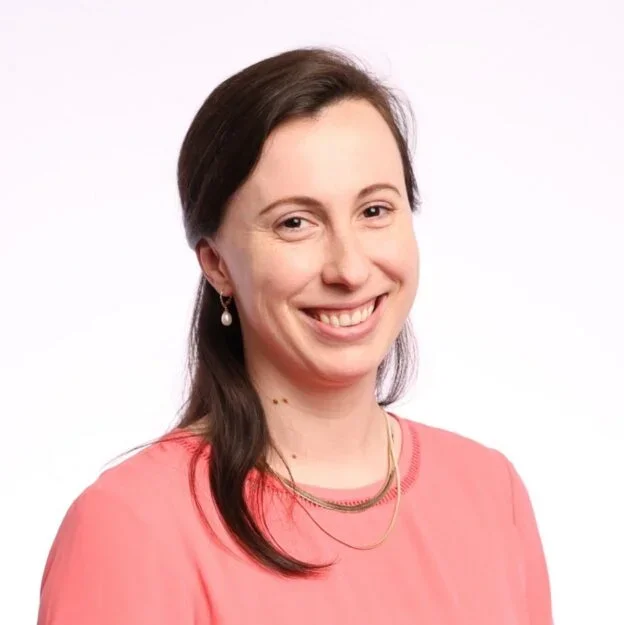
Natalie Smith aims to advance public health by improving the adoption and implementation of evidence-informed programs and policies. Her research program emphasizes applying a variety of decision science methods to implementation and dissemination related questions, including economic evaluation, simulation modeling, and stated preference methods. She earned her PhD in Health Policy and Management and her MS in Biostatistics from UNC Chapel Hill. Her work is currently supported by a K99 from the National Cancer Institute, and from 2021-2023 she was a T32 Fellow on the Harvard Cancer Prevention Fellowship.
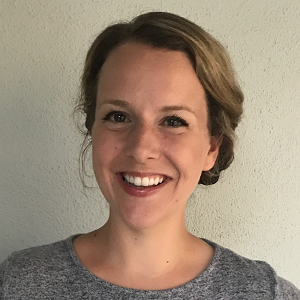
Melanie Racine is Director of Special Projects at Boston Health Care for the Homeless Program. In this role, Melanie supports BHCHP’s teams and initiatives with the planning, implementation, and evaluation of new clinical initiatives. She is also a student in the Doctor of Public Health program at the Johns Hopkins Bloomberg School of Public Health. Her interests are in health services design, implementation science, community-engaged research, homelessness, and community health centers. She obtained a Master of Public Health degree from Emory University, with a concentration in behavioral sciences, and a Bachelor of Arts in English and Human Biology from Brown University.
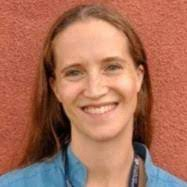
Talya Salant is a primary care physician and the Medical Director of Community Health Equity and Research at Bowdoin St. Health Center, a community health center in Dorchester, MA. Dr. Salant graduated from the University of Chicago Medical Scientist Training Program. She completed her Internal Medicine residency in the primary care track at Brigham and Women’s hospital and she was a Kraft Fellow in Community Health Leadership. Dr. Salant’s research has included studies of breast cancer disparities and cultural perceptions of breast cancer risk, the impact of integrating community health workers within the patient centered medical home, equity factors impacting diagnostic test completion, designing and testing a symptom tracking tool, and several studies of immigrant health. She is a strong advocate for the role that community health centers can play in improving health systems and serves on several committees focused on diversity, equity, and inclusion within Beth Israel Lahey Health.
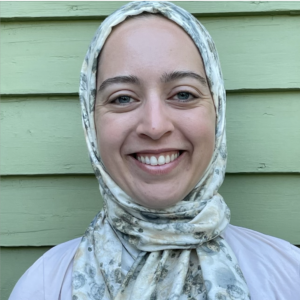
Fay Khudairi is a public health nurse at Boston Health Care for the Homeless Program. Her clinical work focuses on harm reduction, and she serves people experiencing homelessness in the inpatient and outpatient setting. In her current role as a Nurse Project Manager, she supports BHCHP in the planning, implementation, and evaluation of innovative projects to improve health service delivery. She graduated from the Commonwealth Honors College at the University of Massachusetts Amherst with a Bachelor of Science in Nursing and certificates in Medical Spanish and Culture, Health, and Society. She received a dual Masters in Public Health and Masters of Science in Nursing at Johns Hopkins University where she focused on program evaluation, community health assessment, and implementation science.
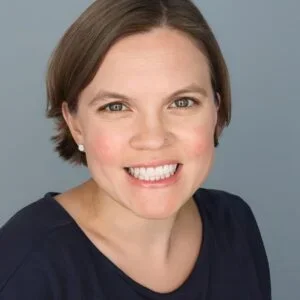
Bekka Lee is a Research Scientist at the Harvard T.H. Chan School of Public Health. Bekka is also the Director of the Community Engagement Program at Harvard Catalyst providing capacity building on mixed methods, implementation science, and community-engaged research to faculty, staff, students, and community partners. Her research focuses on designing and evaluating community-based interventions that translate into real world policy and environmental change, focusing in particular on investigating the contextual factors that impact effective implementation and promote health equity. She has spent 15 years working at the Prevention Research Center on Nutrition and Physical Activity, where she conducts research and evaluation with partners at the Boston Public Health Commission, Massachusetts Department of Public Health, and YMCA. Bekka teaches courses in implementation science, program planning, and evaluation and co-directs the Leaders in Health community training program at the Harvard Chan School. Bekka is co-director of the Administrative Core and is leading a pilot study on evidence-based cancer prevention interventions in community health centers across Massachusetts.
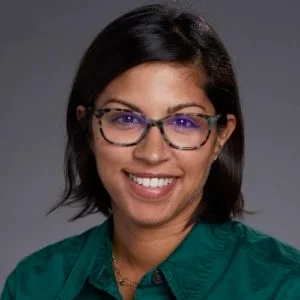
Shoba Ramanadhan is a behavioral scientist with expertise in implementation science, cancer disparities, and community-based participatory research. Her work focuses on strengthening systems in underserved communities to leverage the best available evidence for cancer prevention and control.
Her research falls into three streams. First, she designs and evaluates workforce development interventions to promote the use of research evidence within community settings in the US and India. This work also includes examinations of the impacts of staff social networks on the uptake and use of research evidence. Second, she studies the adaptation of evidence-based preventive services for use in underserved communities in the US and India. Her goal is to support strategic adaptation so that implementing organizations can increase the impact of available interventions by leveraging practice- and research-based expertise. The third stream of her work focuses on methods to incorporate practitioner expertise into the cancer prevention and control evidence base more effectively. This includes evaluations of strategies to identify and engage critical implementation stakeholders as well as technology-based methods to gather stakeholder insight efficiently. Shoba is an investigator within the Methods Unit and will lead the Capacity Building site support and activities.
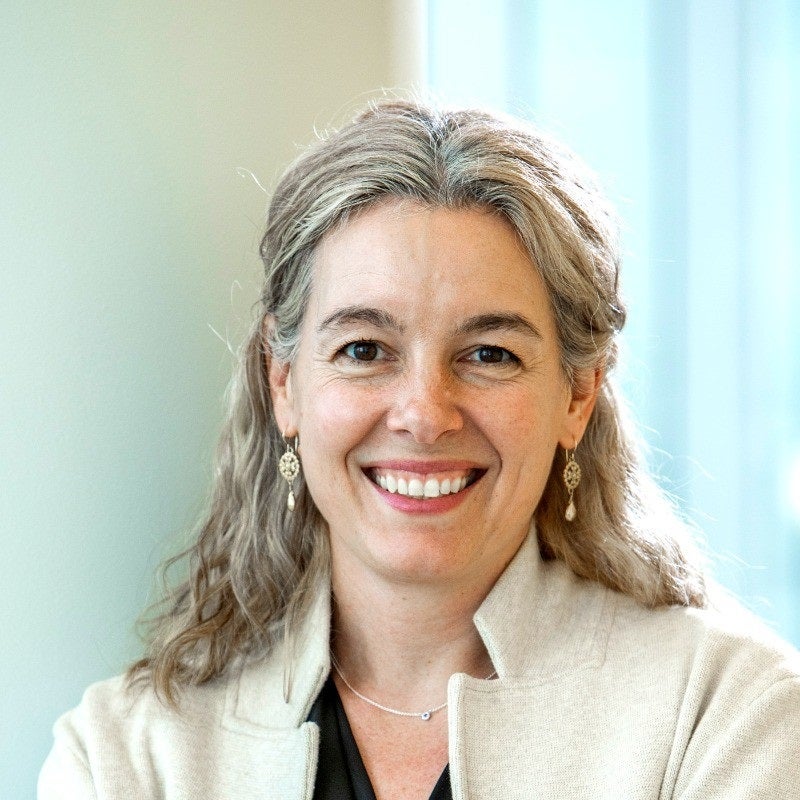
Dr. Gina Kruse is a physician researcher in the Division of General Internal Medicine at the University of Colorado School of Medicine and Director of the Colorado Research Program on Vaping, E-cigarette, Nicotine and Tobacco (C-VENT). She trained in internal medicine and primary care at Mass General. She completed a Harvard Medical School General Internal Medicine research fellowship, earned her MPH in Clinical Effectiveness from the Harvard School of Public Health and completed a post-doctoral fellowship in Cancer Prevention from the Harvard School of Public Health Department of Social and Behavioral Sciences. Dr. Kruse’s research examines technology-based interventions to improve the delivery of preventive services, particularly tobacco cessation treatment. She focuses on underserved populations at risk for tobacco-related illness in settings in the US and internationally. Gina is the Director of the Implementation Team and leads the coordination of the dual screening pilot studies and capacity building work with the health centers.
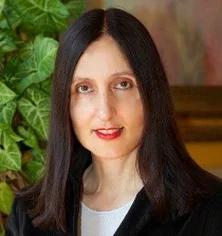
Sanja Percac-Limais a clinician investigator and primary care physician at MGH Chelsea Community Health Center serving low-income diverse population. Her research focuses on improving equity in cancer care in low-income ethnic and racial minorities. In her role as the Physician Leader for Cancer Outreach Programs at MGH Cancer Center and Center for Community Health Improvement, she develops, oversees, and evaluates programs to improve cancer equity from screening, follow-up, treatment and survivorship. Sanja is the principal investigator of the dual screening pilot within the Implementation Pilot Studies Unit and the Implementation Support and Research Team.

Stephen Bartels is the inaugural James J. and Jean H. Mongan Chair in Health Policy and Community Health in the Department of Medicine; Professor of Medicine at Massachusetts General Hospital (MGH) and Harvard Medical School; and Director of the Mongan Institute at MGH. Steve co-leads the Methods Unit and is an investigator on the adaptation pilot and a member of the Implementation Support and Research Team.
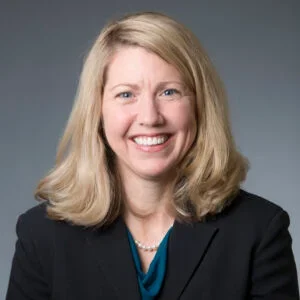
Kelly Aschbrenner is Associate Professor of Psychiatry at the Geisel School of Medicine at Dartmouth College, Adjunct Associate Professor of The Dartmouth Institute for Health Policy & Clinical Practice, and Senior Scientist in the Dartmouth-Hitchcock Health System. She has expertise in intervention research, community engagement, digital health technologies, mixed methods, and implementation science. Dr. Aschbrenner has extensive experience conducting research on health disparities groups in community mental health settings. Kelly leads the Methods Unit and is an investigator on the adaptation and stakeholder perspectives on health equity pilots.
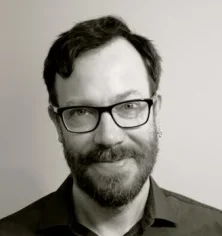
Douglas Levy is Associate Professor of Medicine, Harvard Medical School (HMS) in the Health Policy Research Center in the Mongan Institute. His primary area of research is studying how policies in the spheres of public health, healthcare finance, and health services can promote prevention and improve population health. In addition to studies related to tobacco use and healthy eating, he also collaborates widely on studies using cost-effectiveness methods to help prioritize resource use and understand competing incentives to adopt alternative policies. Doug is an investigator on the cost pilot within the Methods Unit.
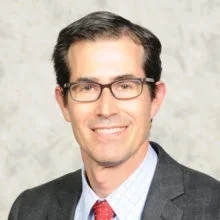
Jonathan P. Winickoff is a practicing general pediatrician and researcher. With over 100 peer-reviewed publications, Dr. Winickoff’s research focuses on strategies to address tobacco use and exposure in families; current work includes CEASE (Clinical and Community Effort Against Secondhand Smoke Exposure), as well as projects related to thirdhand smoke, regulating smoking in multiunit housing, and raising the purchase age of tobacco to 21. As the past Chair of the AAP Tobacco Consortium, Dr. Winickoff works with pediatric tobacco control researchers across the country to develop the best tobacco practices for child healthcare settings. Dr. Winickoff is a Professor of Pediatrics at Harvard Medical School and MassGeneral Hospital for Children. Dr. Winickoff was educated at Yale University, Harvard Medical School, and Harvard School of Public Health and completed his pediatric residency at Boston Children’s Hospital and Boston Medical Center and fellowship in health services research at Harvard Medical School and Massachusetts General Hospital. Jonathan leads the Implementation Support and Research Team.
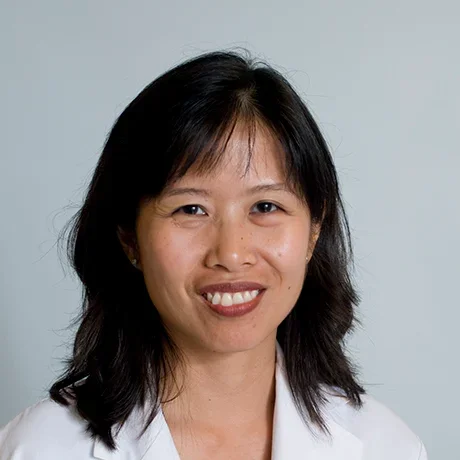
Beverly Moy, MD is the Clinical Director of the Breast Oncology Program, Director of Community Outreach, and a medical oncologist at the Massachusetts General Hospital Cancer Center. She is an Associate Professor of Medicine at Harvard Medical School. She received her undergraduate education at the Johns Hopkins University and her medical degree at the Albert Einstein College of Medicine. She received a Master’s degree in Public Health at the Harvard School of Public Health.
Dr. Moy’s specific research interests include breast cancer clinical trials and racial and ethnic disparities in cancer care. She has co-authored more than 100 articles in peer-reviewed journals. She is an investigator on multiple research grants examining cancer care equity, including those funded by the Kraft and Trefler Foundations, Merck Foundation, and the National Cancer Institute. She served as the Chair of the American Society of Clinical Oncology’s Ethics Committee and the Health Disparities Committee. She has served as a chair and panelist for multiple breast cancers. She is the Community Outreach Section Editor for the Oncologist and past editorial board member of the National Cancer Institute’s Adult Treatment Patient Data Query. Dr. Moy also serves on the Board of Directors of the Lazarex Cancer Foundation. Beverly is a member of the Implementation Support and Research Team.
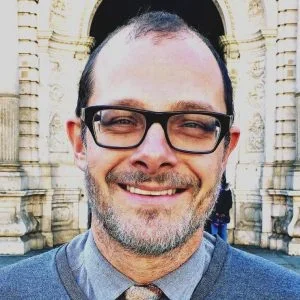
Sebastien Haneuse is Associate Professor of Biostatistics at the Harvard T.H. Chan School of Public Health. He trained at the University of Washington, and has held faculty positions at Vanderbilt University (Nashville, TN) and Kaiser Permanente Washington Health Research Institute (Seattle, WA). Dr. Haneuse’s statistical research focuses on has been the analysis of large, complex observational datasets, specifically in three major threads: (i) the use of design-based approaches to mitigate data limitations when resources are constrained; (ii) the formulation of approaches to address selection bias that arises in electronic health records (EHR)-based studies of comparative effectiveness due to the fact that EHR data are generally collected for clinical and/or billing purposes, and not explicitly for research; and (iii) the development of novel models and statistical methods for the analysis of semi-competing risks data, as specific form of data that has received little attention and yet has substantial promise in informing clinical and public health.
Sebastian is an investigator on the Methods Unit Team and is leading a missing data EHR analysis.
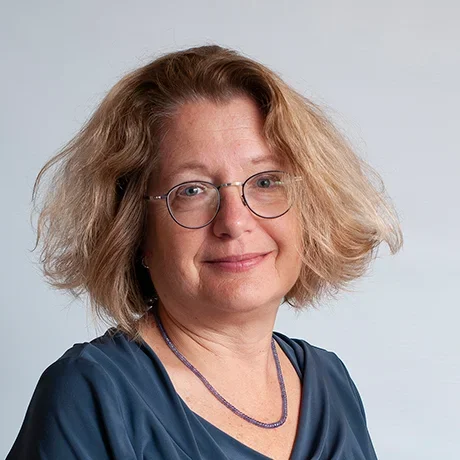
Jennifer Haas is a clinician investigator and primary care physician at MGH with extensive research experience on the documentation of cancer control and prevention strategies and implementation of evidence-based tests and treatments for cancer in primary care settings. Jennifer is an investigator on the dual screening pilot within the Implementation Pilot Studies Unit. Select Publications: The Complexity of Achieving the Promise of Precision Breast Cancer Screening
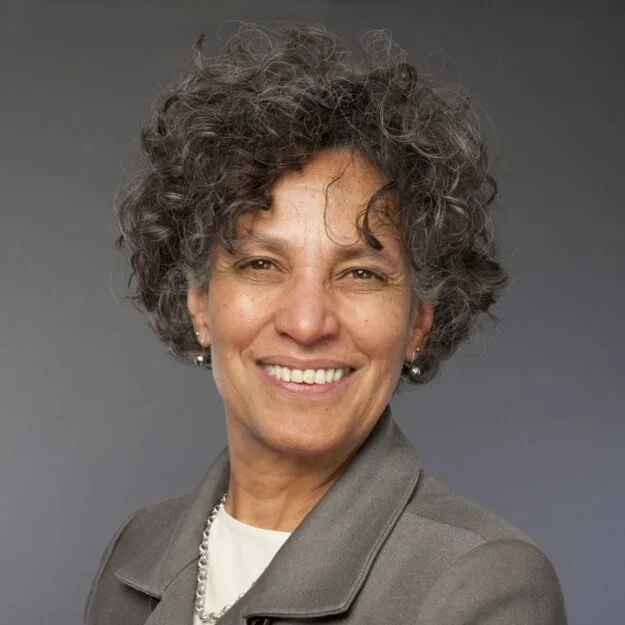
Mary T. Bassett is the Director of the FXB Center for Health and Human Rights at Harvard University, as well as the FXB Professor of the Practice of Health and Human Rights at the Harvard School of Public Health. With more than 30 years of experience in public health, Dr. Mary Travis Bassett has dedicated her career to advancing health equity. Prior to her directorship at the FXB Center, Dr. Bassett served for four years as commissioner of Health for New York City. As commissioner, she worked to ensure that every New York City neighborhood supported the health of its residents, with the goal of closing gaps in population health across the city.
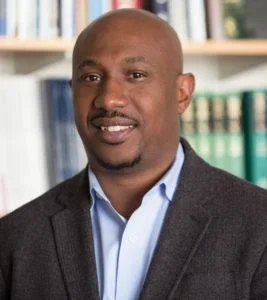
Ra’Shaun Nalls is the Director of Community Engagement at the Harvard T.H. Chan School of Public Health. He has worked with Boston-area community-based organizations for more than 15 years, with an emphasis on youth development and community organizing. He has been acknowledged for his community service by the Action for Boston Community Development (ABCD), the Boston Foundation, Boston Police Department, Suffolk County District Attorney’s Office, and the Harvard Youth Violence Prevention Center. Prior to his work at Harvard Chan, Ra’Shaun was a program manager at the Boston Public Health Commission; a community coordinator at Project R.I.G.H.T.; and at Roxbury Youthworks as an advocate for young women under state custody and at high risk of sexual exploitation.
Ra’Shaun holds a Master in Public Administration and a Bachelor of Arts in Community Studies, both from the University of Massachusetts Boston.